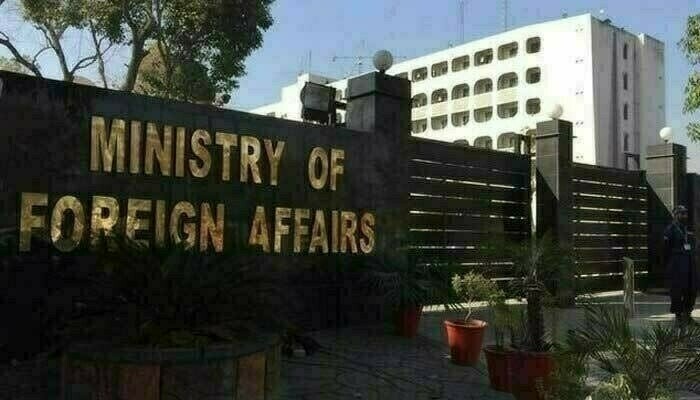Youm-e-Istehsal: President Zardari, PM Shehbaz Urge Global Justice in IIOJK
The international community continues to witness growing unrest in Indian Illegally Occupied Jammu and Kashmir (IIOJK), a region recognized as disputed under numerous United Nations Security Council (UNSC) resolutions.
On Youm-e-Istehsal, the government of Pakistan has escalated its call for justice, urging global powers to intervene and ensure fairness for the people of IIOJK.
President Asif Ali Zardari and Prime Minister Shehbaz Sharif emphasized that India’s aggressive rhetoric and actions in the region cannot mask the humanitarian crisis unfolding.
Recent claims by Indian Army Chief Gen Upendra Dwivedi have stirred controversy by alleging that Pakistan serves as the epicenter of terrorism in IIOJK.
These accusations aim to deflect global attention from India’s brutal suppression of Kashmiri self-determination.
According to ANI reports, Dwivedi pointed out that “80% of terrorists active in IIOJK are Pakistanis,” but these claims lack evidence and fail to acknowledge the indigenous resistance by Kashmiris themselves.
India’s tactics not only suppress the Kashmiri people’s right to self-determination but also disregard the humanitarian crisis unfolding under their occupation.
Provocative Statements Disrupt Regional Stability
The Foreign Office (FO) of Pakistan strongly condemned the provocations from Indian officials, calling their rhetoric counterproductive to regional peace and stability.
According to official statements, such inflammatory remarks perpetuate hostility and further entrench divisions in the region. India’s attempts to paint Pakistan as the primary aggressor in IIOJK are unfounded and part of a larger strategy to shift blame.
Rather than addressing its own documented involvement in state-sponsored terrorism and violent crackdowns, India continues to engage in revisionist propaganda that only fuels tensions.
The FO of Pakistan stressed that the international community must hold India accountable for its actions, rather than allowing it to deflect responsibility.
In response to India’s accusations, Pakistan Army’s ISPR (Inter-Services Public Relations) rebuked the Indian Army Chief, stating that his claims of Pakistan being the epicenter of terrorism are factually incorrect and serve only to distract from India’s documented repression in IIOJK.
The ISPR’s statement highlights the hypocrisy of Indian claims—specifically referencing India’s history of brutal repression in IIOJK, violation of minority rights, and state-sponsored terrorism.
Pakistan’s Military Reacts Strongly to Indian Allegations
ISPR stated, “The Indian Army Chief’s rhetoric not only contradicts facts but serves as a futile attempt to sustain India’s default position—blaming Pakistan for internal unrest that is a result of India’s own actions.”
This stance from Pakistan highlights the blatant politicization of the Indian Armed Forces, which have historically overseen violent crackdowns in IIOJK.
The ISPR also drew attention to India’s hate speech against Muslims and the oppression of Kashmiris, pointing out that the international community is aware of India’s atrocities.
The global community must recognize the urgent need to resolve the dispute over IIOJK through dialogue, as any efforts toward normalization between Pakistan and India must be grounded in meaningful, sustained diplomatic talks.


